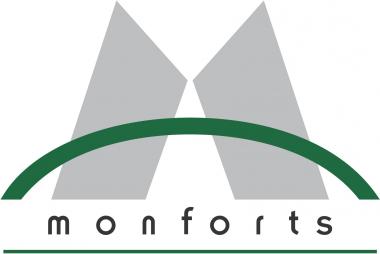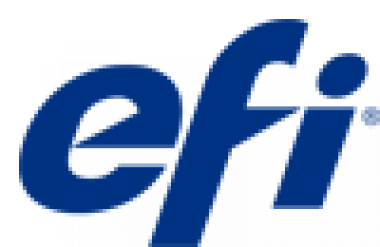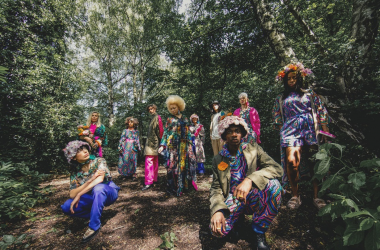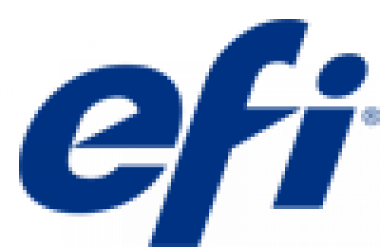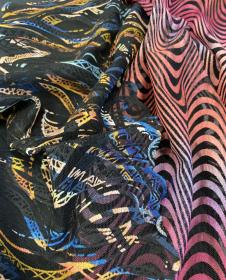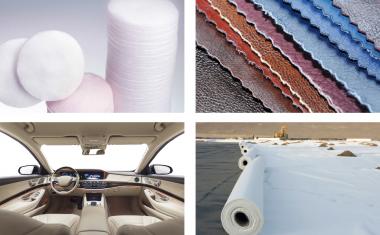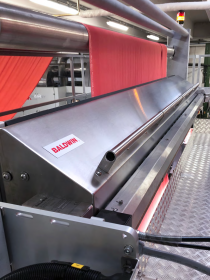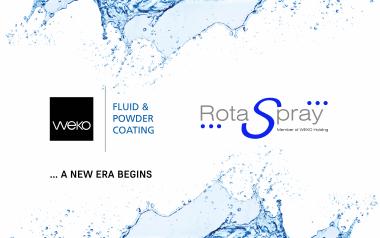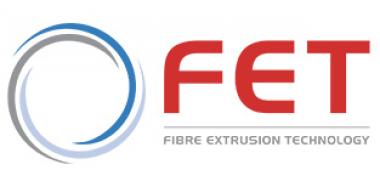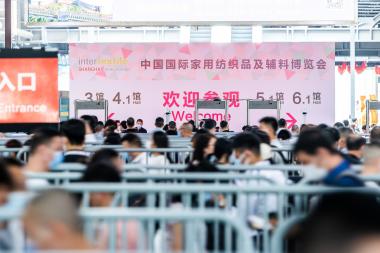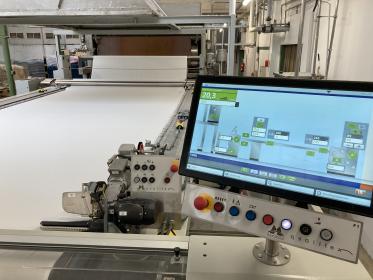Kornit Digital introduces Presto MAX for sustainable on-demand production
Kornit Digital Ltd. announced the release of its Kornit Presto MAX system for sustainable on-demand production of apparel and other textile goods. The new system will make its live debut at Kornit Fashion Week Los Angeles + Industry 4.0 Event, which the company is hosting November 2-5 to showcase technology innovations, partnerships, and proven strategies driving the business case for sustainable, on-demand production of fashion and textile goods worldwide.
Kornit Presto MAX is the first digital print system to offer white printing on colored fabrics, enhancing decoration capabilities for dark colored fabrics more broadly. It is the only single-step solution for direct-to-fabric printing, delivering the highest quality and softest feel with brilliant whites and brighter neon colors. The system is ready to incorporate future iterations and evolutions of XDi technology—3D decorative applications to produce threadless embroidery, high-density, vinyl, screen transfer, and other innovative effects.
Kornit Presto MAX is compatible with natural fabrics, synthetics, and blends, and includes advanced algorithms for smart autonomous calibration, to deliver high-quality results with short cycle times and minimal manual interruptions or defects. The system was devised for compatibility with the KornitX global fulfillment ecosystem to enable anywhere, anytime production, supporting a true distributed production model that fulfills nearer the end consumer, eliminating time and logistical waste from the experience while empowering brands to ensure quality and consistency across all systems and production sites.
Kornit Presto MAX provides the cornerstone of a smart, efficient, sustainable EcoFactory that empowers producers to cover and integrate more parts of the process, from design to finished product, to decrease their carbon footprint, use minimum manpower, and generate less waste. This means eliminating excessive time, labor, and shipping throughout the value chain, enabling proximity production to meet the accelerated demands of a web-driven global marketplace—revealing new sales channels and clever business models to grow the business long-term.
Kornit Digital Kornit Presto Presto MAX Sustainability Kornit Fashion Week digital printing
Kornit Digital / pr4u








